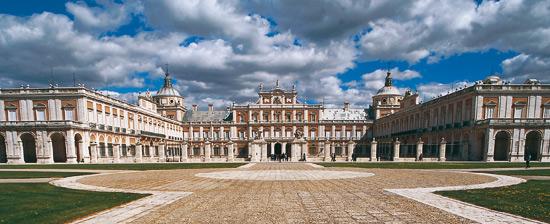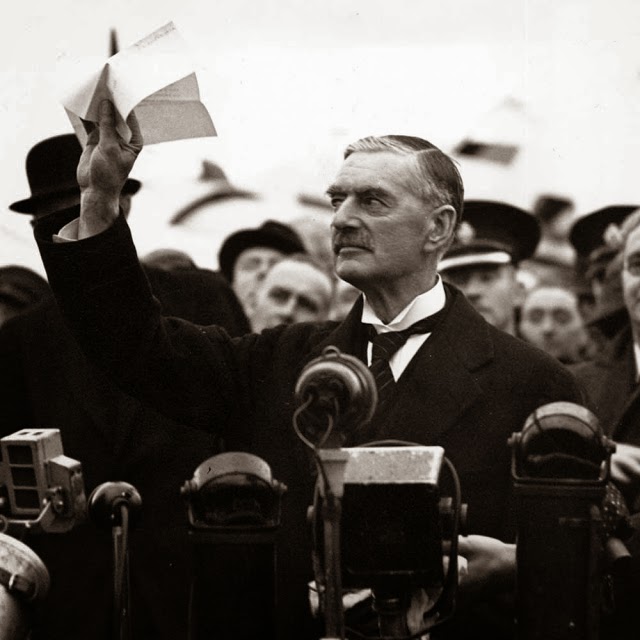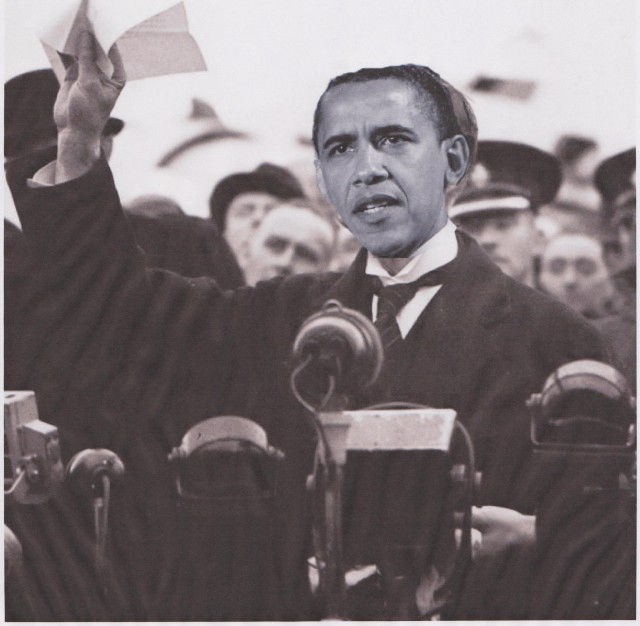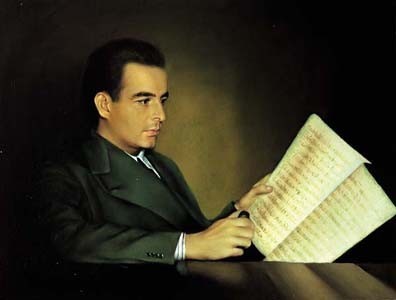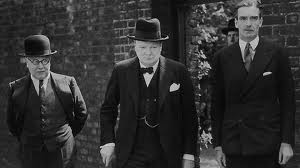 On May 10th, 1940, His Royal Majesty advanced the seals of office of prime minister to Winston Spencer Churchill, thus finally placing Churchill in the leadership position he had coveted for 4 decades. The previous prime minsters Baldwin and Chamberlain had managed to coddle the bombastic dictator of Germany Hitler through the policy of appeasement, allowing the territorial acquisitions of the Rhineland, Austria, and Czechoslovakia, followed by laying prostrate before the ruthless acquisition of Poland and Norway. The day before, May 9th, a hundred division German army exploded on the western front slicing through Luxemburg, Belgium, and the Netherlands and stunningly, out of the supposedly impenetrable Ardennes forest into the heart of France. Through these previous stalwart leaders Great Britain had responded to such aggression by symptomatically reducing its investment in Britain’s own forces leaving the home of the British Empire at a spectacular disadvantage to the Nazi war machine.
On May 10th, 1940, His Royal Majesty advanced the seals of office of prime minister to Winston Spencer Churchill, thus finally placing Churchill in the leadership position he had coveted for 4 decades. The previous prime minsters Baldwin and Chamberlain had managed to coddle the bombastic dictator of Germany Hitler through the policy of appeasement, allowing the territorial acquisitions of the Rhineland, Austria, and Czechoslovakia, followed by laying prostrate before the ruthless acquisition of Poland and Norway. The day before, May 9th, a hundred division German army exploded on the western front slicing through Luxemburg, Belgium, and the Netherlands and stunningly, out of the supposedly impenetrable Ardennes forest into the heart of France. Through these previous stalwart leaders Great Britain had responded to such aggression by symptomatically reducing its investment in Britain’s own forces leaving the home of the British Empire at a spectacular disadvantage to the Nazi war machine.
Now they turned this unsolvable mess and crisis over to Churchill. Thank You very much.
There are tremendous lessons that can be learned by watching what Churchill did with such a craptacular gift bestowed upon him.
It would be assumed the first response would be to whine. After all, he had spent the previous eight years warning of the impending and building disaster, only to be ignored, disdained, and humiliated by the very men who now expected him to somehow find a way out. Even at the moment of governmental collapse, amazingly Prime Minster Chamberlain and the King, hoped to avoid an ‘uncontrollable’ Churchill government, looked to Lord Halifax, one of the architects of the appeasement policy and sure to seek an accommodation with Germany, as their first choice to succeed Chamberlain. Halifax, a better politician than thinker, realized he had no hope of securing the confidence of now thoroughly disgusted and anxious House of Commons and deferred to Churchill. With such wobbly indications of support, Churchill became prime Minister.
Lesson #1 – no whining. Churchill’s first public announcement of where to start in such a crisis was to define , unequivocably, the end:
I would say to the House, as I said to those who have joined this government: “I have nothing to offer but blood, toil, tears and sweat.”
We have before us an ordeal of the most grievous kind. We have before us many, many long months of struggle and of suffering. You ask, what is our policy? I can say: It is to wage war, by sea, land and air, with all our might and with all the strength that God can give us; to wage war against a monstrous tyranny, never surpassed in the dark, lamentable catalogue of human crime. That is our policy. You ask, what is our aim? I can answer in one word: It is victory, victory at all costs, victory in spite of all terror, victory, however long and hard the road may be; for without victory, there is no survival.
The hand Churchill had been dealt was all but unwinnable, but he wasn’t about to compromise on the necessity of defining the end as complete victory, not a set of “make due, our time is past, the challenges are too great” compromises. The aim? Victory. The means? Whatever it takes, however long it takes. Churchill knew that in order to toughen people up for great hardship, it would be critical to assure them their leaders would not in the end sell their sacrifices out to some weak compromise that would ensure their enslavement. Everybody would be in together to victory, or annihilation. With such stark realities, there would be no time for whining or playing the blame game.
Lesson #2 – complete commitment. The first stunning surprise of the British governmental bureaucracy to the new Prime Minister’s style was ‘nobody rests until the goal of victory was secured’. Entering into the job at the advanced age of 65, no one was prepared for Churchill’s incredible work drive. Every minute of every day was committed to the goal, and the days were as long as even much younger men could possibly tolerate. Churchill drove everyone to care about everything, no matter or fact too small or unimportant if it might contribute to the fabric of victory. Churchill defined progress as Action- “Action this Day”. “Action in Three Days”, “Potential Action”. Moving, probing, challenging, resisting were the processes to be developed. Sitting back and reacting was defeatist, and would not be tolerated.
lesson #3 – Man’s best instincts evolve through crisis. Churchill had an unassailable historical perspective, and understood that true crisis often brought about great achievements of will. Once he had succeeded in focusing the national will not on achieving the best of possible outcomes of defeat, but on a future victory, he knew determination and creativity would take hold. Under the pressures of expected overwhelming defeat, Britain found the capacity to win the Battle of Britain, solve the Enigma code, advance the secrets of the atom, develop radar, and understand the complementary role it would have to play to the emerging super power the United States.
Let us therefore brace ourselves to our duties, and so bear ourselves that, if the British Empire and its Commonwealth last for a thousand years, men will still say, “This was their finest hour.”
Lesson #4 – Transparency. It was assumed by the British government before Churchill that the people were best left in the dark about the menace presented by the German military machine and the potential horrors of assault on the homeland. Churchill would have none of it. From the start he accepted the intelligence of his people to understand the task at hand, and the dangers they faced. Though not professing religiousity, Churchill embraced the Christian Virtues of Temperance, Patience, and Diligence as essential elements in the DNA of the people he led, and recognized the need to support the those traits with unvarnished Truth. He never underplayed the dangers or the sacrifices required, nor the difficulties that lay ahead.
I have, myself, full confidence that if all do their duty, if nothing is neglected, and if the best arrangements are made, as they are being made, we shall prove ourselves once again able to defend our Island home, to ride out the storm of war, and to outlive the menace of tyranny, if necessary for years, if necessary alone. At any rate, that is what we are going to try to do. That is the resolve of His Majesty’s Government-every man of them. That is the will of Parliament and the nation. The British Empire and the French Republic, linked together in their cause and in their need, will defend to the death their native soil, aiding each other like good comrades to the utmost of their strength. Even though large tracts of Europe and many old and famous States have fallen or may fall into the grip of the Gestapo and all the odious apparatus of Nazi rule, we shall not flag or fail. We shall go on to the end, we shall fight in France, we shall fight on the seas and oceans, we shall fight with growing confidence and growing strength in the air, we shall defend our Island, whatever the cost may be, we shall fight on the beaches, we shall fight on the landing grounds, we shall fight in the fields and in the streets, we shall fight in the hills; we shall never surrender, and even if, which I do not for a moment believe, this Island or a large part of it were subjugated and starving, then our Empire beyond the seas, armed and guarded by the British Fleet, would carry on the struggle, until, in God’s good time, the New World, with all its power and might, steps forth to the rescue and the liberation of the old.
Lesson#5 – Tools of Victory. Great challenges are won by inexorable will, but Churchill knew that one could not fight modern battles with sticks and stones. The fundamental weapon in victory was a people’s understanding of their basic position in the battle as one of being in the Right. Victory however has to be achieved on a progressively level playing field, and Churchill looked to seal the leaks in capacity so permitted by his predecessors and look to all avenues to achieve capacity, including developing his relationship with the United States. He wanted to make clear that it was not expected by the British people that the world would need to share the sacrifice, but rather that the world would accept that the battle outcome was one worth winning. Churchill believed that the tenets of western civilization were a shared responsibility and advantage, and the investment in preservation was in the interests of not only Great Britain, but like minded democracies like the United States, and even the subjugated peoples of Europe now living under the Nazi tyranny. Churchill was not asking for sacrificing lives for British existence, he was interested in supporting the unalienable existence of western principles, and by providing the means where available to support and supply, stand up for those rights.
We shall not fail or falter; we shall not weaken or tire. Neither the sudden shock of battle, nor the long-drawn trials of vigilance and exertion will wear us down. Give us the tools, and we will finish the job.
———–
On June 22nd, 1940, France capitulated and all of continental Europe was under the yoke of the Nazi war machine. Five weeks into his premiership, Winston Churchill faced the overwhelming crisis of our times – alone. Less than five years later, the omnipotent Nazi threat was crushed and no more. The achievement is truly stupefying, but grounded in the recognition that in all crisis management , principled focus on your inherent strengths, grim determination, and marshaling your resources can with destiny’s help achieve victory.
Unfortunately, I feel today’s western world is approaching similar moments of crisis and threats to their existence. Although the menace is not so much state sponsored, the pattern of defeatism, appeasement, and self destruction is progressively apparent, and our leaders reflect similar traits to the British bumblers of the 1930s. Progressive debt, isolation, appeasement of foreign tyrants, and draw down of a nation’s defenses are sowing a defeatism in our nation that make it increasing difficult to imagine defeating the impending crises of existence that our wayward habits are driving us toward. The President stands in a posture that almost seems blind to the tides of destruction, not dissimilar to Prime Minister Stanley Baldwin, who seemed progressively denser as the risks grew higher. Churchill, in perfectly framing Stanley Baldwin, may have inadvertently defined perfectly our current President Obama as well.
“Occasionally he stumbled over the truth, but hastily picked himself up and hurried on as if nothing had happened”
As we gear ourselves up for what will be necessary to return to stability and progress as a people, let us hope that a Churchill awaits in the wilderness to tell us the truth, a show us the way out.








